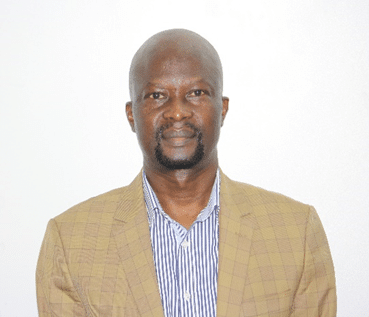Since its inclusion in DSM-III in 1980, post-traumatic stress disorder (PTSD) is the most prevalent disorder in the aftermath of traumatic experiences such as wars. Notwithstanding the increased knowledge of its symptoms, trajectory, treatment, and care, the concept of PTSD, mostly shaped by Western scholarship, continues to be contentious.
Yet, there may be distinctive features in the context and expressions of psychological reactions to traumatic events in both the West and other traditional cultures that may be different with wider implications for symptomology, diagnosis, and interventions for treatment and care of survivors. In many theatres of wars in Africa, where protracted traumatic events are dominant, a more contextualized and nuanced understanding of PTSD, resilience, and traumatic reactions, may provide better interventions and treatment outcomes.

 Simon Øverland Professor, Director Centre for International Health
Simon Øverland Professor, Director Centre for International Health  Kennedy Amone-P’Olak Psychologist and Professor of psycho-traumatology
Kennedy Amone-P’Olak Psychologist and Professor of psycho-traumatology  Ragnhild Dybdahl Associate Professor, at Center for Crisis Psychology
Ragnhild Dybdahl Associate Professor, at Center for Crisis Psychology  Ella Marie Roll-Hansen Psychology student
Ella Marie Roll-Hansen Psychology student  Ingunn Marie Stadskleiv Engebretsen Professor, Centre for International Health
Ingunn Marie Stadskleiv Engebretsen Professor, Centre for International Health  Ashley Nemiro Consultant, Mental Health Unit
Ashley Nemiro Consultant, Mental Health Unit  Prudence Friberg Associate professor, Center for Crisis Psychology
Prudence Friberg Associate professor, Center for Crisis Psychology 



